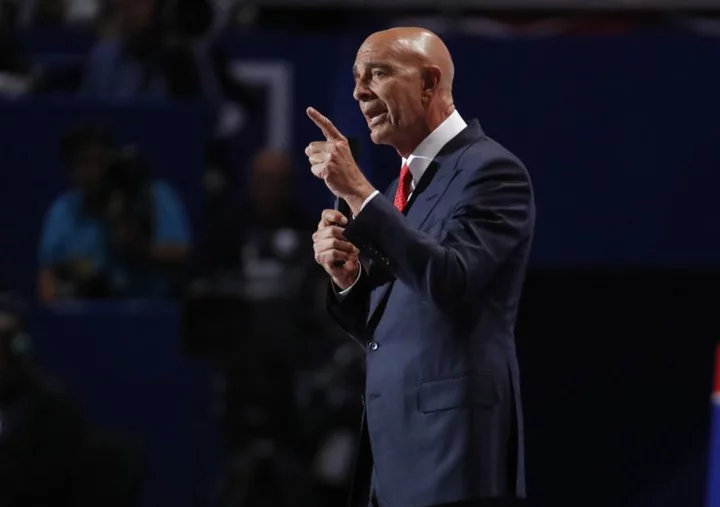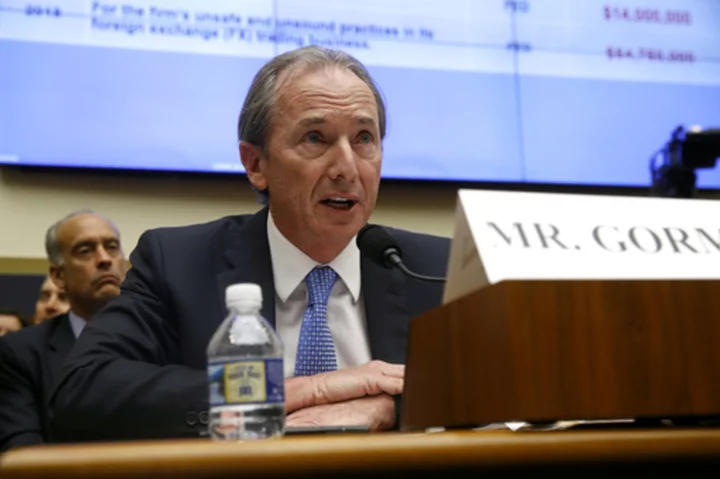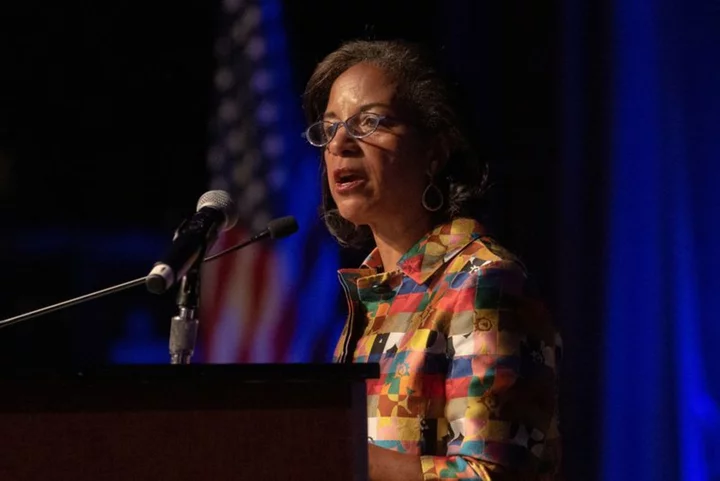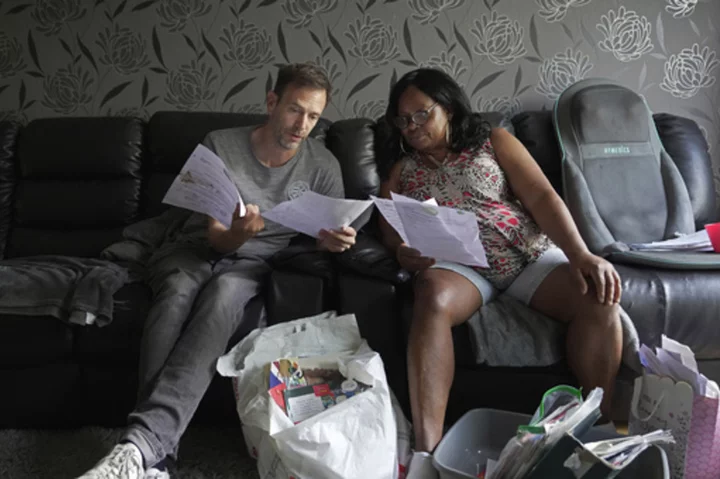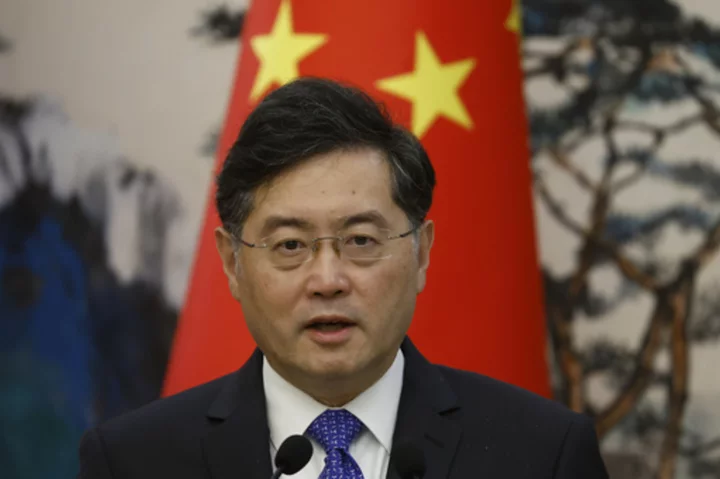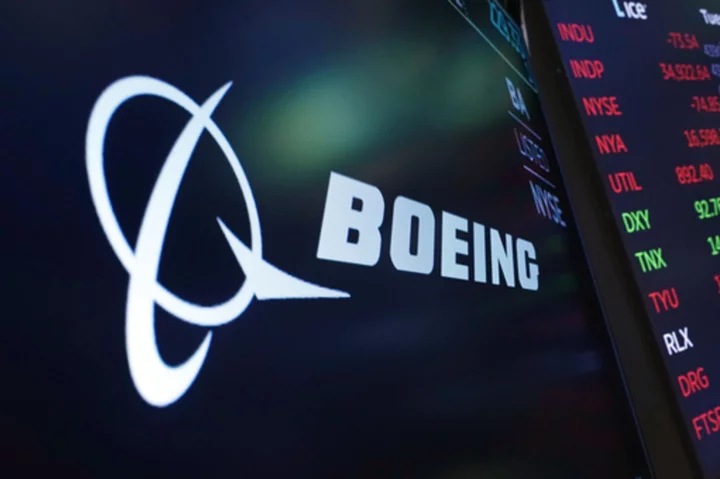By Jody Godoy
Sam Bankman-Fried was due to take the stand on Thursday and become the latest senior business executive to testify at their own white-collar criminal trial in the U.S. in recent years.
Here are five criminal cases where the defendant testified:
Theranos founder Elizabeth Holmes
The Theranos founder took the stand at her criminal trial in 2021, testifying over several days that she did not intend to defraud investors in the now defunct blood-testing startup.
Accused of making false claims about Theranos, including that its technology could run a wide range of diagnostic tests more quickly and accurately than conventional laboratory testing using just a drop of blood from a finger prick.
Holmes said on the stand that she was focused on the long term potential of the company in her communications with investors.
She was convicted by a jury in San Jose, California, on four out of 11 counts and sentenced to more than 11 years in prison. She is appealing her conviction and sentence.
Colony Capital founder Tom Barrack
The onetime private equity executive and fundraiser for former President Donald Trump testified at his own trial in Brooklyn last year on charges of unlawfully acting as an agent of the United Arab Emirates.
He said on the stand that he had sought to promote dialogue between the U.S. and Arab countries and denied taking direction from the UAE.
Barrack, who chaired the former president's 2017 inaugural committee and served as an informal adviser to the campaign, was acquitted of all nine counts he faced.
Former KPMG partner David Middendorf
A former partner at KPMG, Middendorf took the stand in 2019 and denied taking part in a scheme to obtain confidential information from an audit regulator to help the accounting firm pass inspections.
Middendorf, who was head of a department at KPMG, testified at the trial in Manhattan that when he learned another employee had obtained the information, he reported it to his boss.
He was convicted at trial, but prosecutors said they would drop the charges after a 2020 ruling by the U.S. Supreme Court limited their use of the wire fraud statute.
Ex-HSBC executive Mark Johnson
The former HSBC executive was convicted in 2017 of defrauding a bank client in a $3.5 billion currency trade. Johnson testified at his trial in Brooklyn that he executed the trade in a way that would be fair for both the client, an oil and gas producing company, and the bank.
Johnson, a British citizen, served two years in prison. He has asked a judge to expunge his conviction, saying a U.S. Supreme Court ruling in May invalidated prosecutors' main theory in the case.
Privinvest executive Jean Boustani
The lead salesman for a Lebanese shipbuilding company was cleared in 2019 of charges he helped defraud U.S. investors in bonds backed by the Mozambican government.
Prosecutors in Brooklyn said Boustani, a Lebanese citizen, paid hundreds of millions of dollars in bribes and kickbacks to Mozambique officials and Credit Suisse bankers to secure the contracts and loans.
Boustani, who testified in his own defense at the trial, never disputed that he paid officials, but said he had no role in packaging the loans for investors.
(Reporting by Jody Godoy in New York; Editing by Noeleen Walder and Daniel Wallis)

